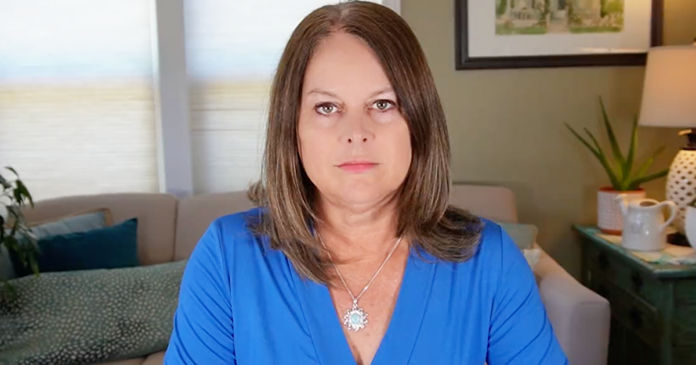Criminal gangs are moving into smaller rural communities in Southwestern Ontario, a new report by the Ontario Association of Chiefs of Police (OACP) reveals.
The report titled Out of the Shadows details how criminal enterprises are evolving and spreading into new territory.
“Certainly street gangs are opportunistic and they can bring their operations to any location that they think is going to be able to turn a high profit and thinking that they can potentially go undetected,” said Ontario Provincial Police (OPP) Supt. Karen Gonneau.
“They have expanded their network in the past several years into smaller communities across the province, including Southwestern Ontario.”
According to Gonneau, the entry of street gangs into smaller communities will inevitably be a challenge for policing crime.
“We’re seeing (how) extortion, intimidation, shootings, stabbings, assaults, and obviously criminal activity from these migrating street gangs is affecting communities across Ontario,” she said.
“So, it’s really no longer what was once seen as a GTA or big-city problem. It’s really becoming a challenge to smaller municipal police services and even large municipal police services across the province, including the OPP.”
According to policing experts, the key to cracking down on gangs is more intelligence sharing and cooperation. London police Det. Supt. Paul Waight says the transient nature of how criminals operate forces the police to rely on organizations like the Criminal Intelligence Service Ontario.
“In general, members of street gangs tend to be transient, attending other communities to commit criminal activity for short periods of time, then moving on,” Waight wrote in an email.
“This tactic makes police enforcement more challenging. However, there is very good sharing of intelligence and resources between Ontario police services and the Criminal Intelligence Service Ontario to counteract this tactic, which has proven successful in the past.”
Human trafficking was a key focus of the OACP report which found that London, Ontario was one of the cities traffickers used frequently. Other parts of Southwestern Ontario in proximity to Highway 401 are also of concern.
Last month, Prime Minister Justin Trudeau instituted a national handgun ban that unfairly targets law-abiding firearm owners. Several policing experts and top cops have come out to say that such a ban would be ineffective in reducing the prevalence of gun crime.

























